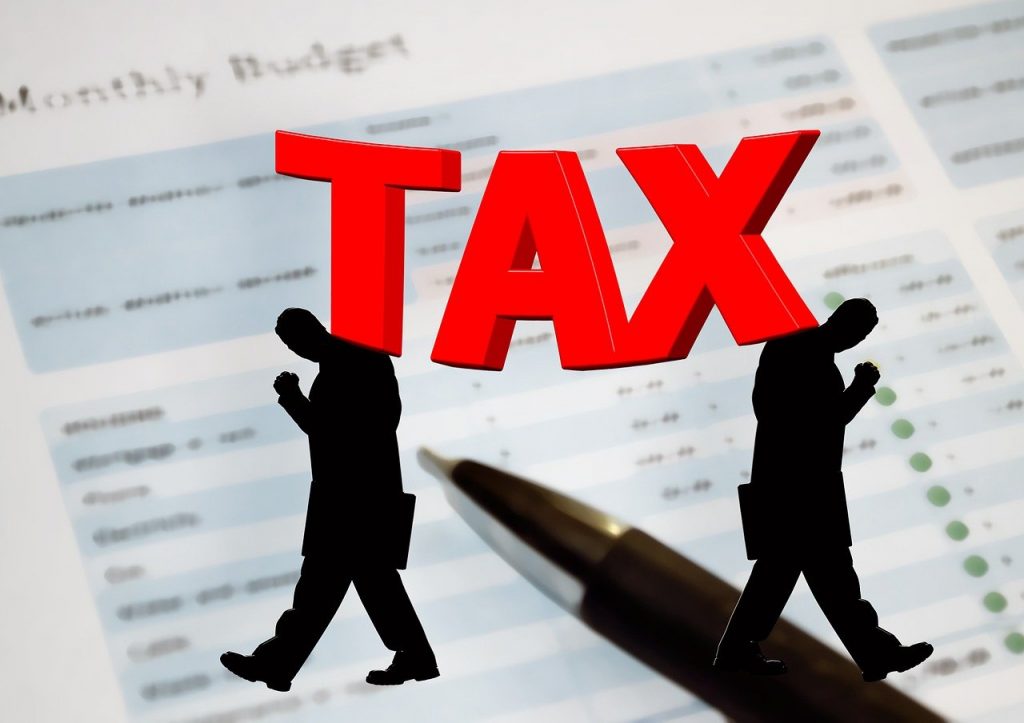Published On: 10 October, 2023
INSIDER TRADING PENALTIES
WHAT IS INSIDER TRADING?
Insider trading refers to the trading of the stock or other securities (such as bonds or stock options) of a publicly traded firm based on significant, nonpublic information about the company. Some forms of trading using insider knowledge are prohibited in several nations. This is due to the perception that it is unfair to other investors who are not privy to the information, since the investor with insider knowledge may be able to generate greater profits than an average investor. The laws surrounding insider trading are complex and vastly different from nation to nation.
TYPES OF INSIDER TRADING
There are two types of insider trading: – legal and illegal trading
Illegal insider trading is the practice of trading securities using sensitive pricing information that has not been disclosed. When someone violates the trust of the company by making trades based on inside knowledge while others are ignorant, and a person with a financial stake in a corporation uses non-public, material information to influence a trading decision.
When insiders trade a company’s securities, such as when a CEO repurchases stock or workers acquire stock in their own business, it is legal as long as the transactions are disclosed to and registered with the SEC is known as legal insider trading
EXAMPLES OF INSIDER TRADING
Insider trading has been a contentious issue for many years, and numerous high-profile instances have garnered media attention. One of the well-known instances of insider trading is Albert H. Wiggin: Wiggin was one of the 20th century’s earliest prominent instances of insider trading. Wiggin, who was the chairman of the board of Chase National Bank at the time of the 1929 Wall Street market crash that precipitated the Great Depression, held short calls on 40,000 shares of that company.
The hypothetical example of insider trading in India is as follows: – An employee of an organization shares crucial information—let’s assert, about the company’s loss—with a relative who has stock in the same company. The relative acts upon the knowledge and sells all of his shares before it becomes public.
INSIDER TRADING PENALTIES
Insider trading is strictly prohibited in India, and those who do so face harsh consequences: –
- Securities and Exchange Board of India (SEBI): –The 1992 SEBI Act regulates insider trading. Any individual found guilty of insider trading is subject to a fine that must not be less than ten lakh rupees but might reach twenty-five crore rupees, or three times the profit obtained through insider trading, whichever is larger, under Section 15G of the Act. The Stocks and Exchange Board of India (SEBI) is in charge of executing these fines and has the authority to impose trading restrictions on certain stocks. Insider trading carries heavy penalties in India. The severity of the offense and the amount of profit generated by insider trading activity determine the precise punishment amount.
STEPS INVOLVED IN SEBI’S INVESTIGATION PROCESS FOR INSIDER TRADING CASES:
The following steps are part of India’s SEBI’s insider trading inquiry process:
- Persons who may be responsible for the infractions are identified.
- extensive data collection, verification, and analysis related to main problems, secondary market transactions, and trade information.
- Cases are divided into informal probes and official inquiries.
- Surveys are distributed, and reviews of books and music are noted.
- Statements are documented as proof.
- Investigations are conducted to compile evidence of alleged violations of the securities market, such as price rigging, the creation of artificial markets, insider trading, irregularities related to public offerings, and other misconduct, as well as to identify the individuals or entities responsible.
- Advanced analytics may be used by SEBI to identify trading activity trends that may be signs of insider trading.
- The SEBI (Prohibition of Insider Trading) Regulations 2015 limit the sharing of and trading by insiders based on unpublished price-sensitive information, require insider trading disclosure, require listed entities to adhere to codes of fair disclosure and conduct, and outline the legal framework for violations of these regulations.
- The Reserve Bank of India (RBI) is in charge of punishing people or organizations implicated in manipulating the foreign exchange market, which includes insider trading. The punishment can consist of either a fine of up to 10% of the transaction’s value or Rs 10 lakh in jail time, whichever is shorter.
- Income Tax Department: Under the terms of the Income Tax Act of 1961, it has the authority to levy fines for any unreported earnings resulting from illicit conduct, including insider trading. The fine can be up to 10 lakh rupees (8, or 200% of the unreported income).
CASE LAW
Rakesh Agrawal vs. SEBI: – The accused sold a sizeable portion of his ABS Industries ownership, which he owned through his brother-in-law, Mr. I. P. Kedia, when he agreed with Bayer AG, a German company, to buy 51% of ABS Industries Ltd.’s shares, in 1996. Given that Mr. Kedia was a well-connected individual, SEBI found that Mr. Rakesh Agrawal had engaged in insider trading and ordered him to deposit Rs. 34 lakhs (in an equal amount, i.e. Rs. 17 lakhs in each exchange) with the Investor Protection Funds of the Mumbai Stock Exchange and the New York Stock Exchange to cover any investors who may later file a claim.
CONCLUSION
Insider trading is the term used to describe the trading of a company’s shares by individuals who have access to sensitive or crucial private information. Using this unique access, a person seeks to profit from markets. Insider trading is an unfair practice that disadvantages other stockholders since they do not have access to crucial information that only insiders do. Generally speaking, insider trading in company stock is legal as long as the insider quickly informs the SEBI of their transactions. The regulatory agency monitors market activity to identify and stop insider trading. SEBI keeps an eye out for any shady trading activity, especially around significant occasions like profit announcements, acquisitions, and other factors that might significantly affect a company’s worth and create changes in its stock price.




